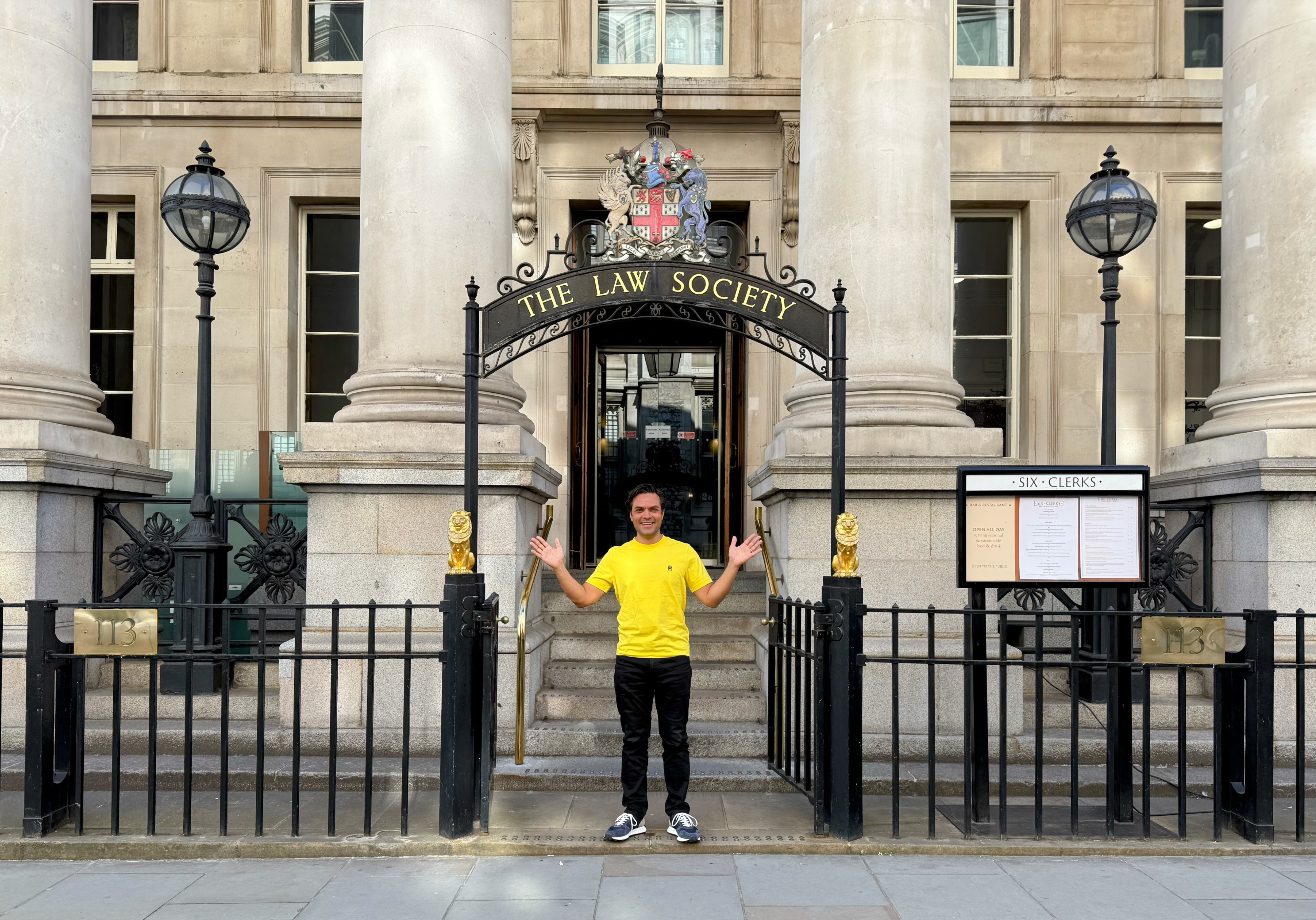Cleanology joins Living Wage leadership group

Cleanology CEO Dominic Ponniah has joined the Living Wage Foundation’s Recognised Service Provider (RSP) Leadership Group. The group acts to encourage wider take-up of fair pay and to make the accreditation scheme more effective.

Ponniah said: “I feel incredibly privileged to play a role in shaping the group and pioneering fair pay. In our industry, with many staff classed as low-skilled, decent pay is an issue for many. As a leadership group member, I hope to act as a bridge between the Living Wage Foundation and the cleaning industry, increase our client uptake of support for the Real Living Wage, and promote transparency among businesses that display fair pay credentials.”
Cleanology publishes a monthly report on the number of new clients signing up for the Living Wage. In January, this figure was 100 per cent. In total, over 70 per cent of the company’s workforce is paid a Real Living Wage rate or higher; the aim is to reach 80 per cent by the end of the year, rising to 100 per cent within 2 years.
Ponniah added: “As a company, we have advocated for the Real Living Wage for over 10 years and used media platforms to highlight the need for industry support, as well as commissioning independent research into attitudes towards fair pay among facilities management and wider business. Winning a Living Wage Champion award in 2021 was a career highlight and one that I am keen to build on.”
Sebastian Bachelier, Programme Manager at Living Wage Foundation welcomed Ponniah to the group, saying: “Dominic has been a great proponent of the Real Living Wage and the Recognised Service Provider accreditation, and we, at the Living Wage Foundation, are delighted to have him join the Recognised Service Provider Leadership Group. He will make a brilliant addition to this group, bringing enthusiasm, specialist sector knowledge and a strong commitment to the Real Living Wage as well as a commitment to social causes more broadly, such as the Hygiene Bank and green business practices.”
Recognised Service Providers (RSPs) are those companies that employ outsourced staff. Of the 10,000 businesses signed up for Living Wage Foundation accreditation, 177 falls under this category.
Bachelor said: “For many service providers within the cleaning and facilities management industries, pay rates are largely dictated by client-side procurement needs. This limits the extent to which service providers can allocate higher pay rates, such as the Real Living Wage, to frontline staff while making it virtually impossible for many service providers to accredit as Living Wage Employers.
“For this reason, the Recognised Service Provider accreditation was created, allowing the client to guarantee a Real Living Wage to their third party contracted staff while being in a position to consider the benefits for their business. These benefits can include improved retention rates, higher productivity, and more motivated and engaged staff members.
Ponniah, who also sits on the All-Party Parliamentary Group (APPG) for the cleaning and hygiene sector, is keenly aware of the difference the Real Living Wage can make. “It’s really important to remember the impact that fairer pay can have on individuals. One of our long-term cleaning operatives has described the difference as life-changing. Groups such as the APPG can help to raise these issues, as well as exploring areas such as arrangements for low-skilled workers to enter the country, cleanliness accreditations and application of the apprenticeship levy to enable lower-skilled workers to progress.”
Dominic’s first attendance at the Living Wage RSP Leadership Group took place on 23rd March 2021.


